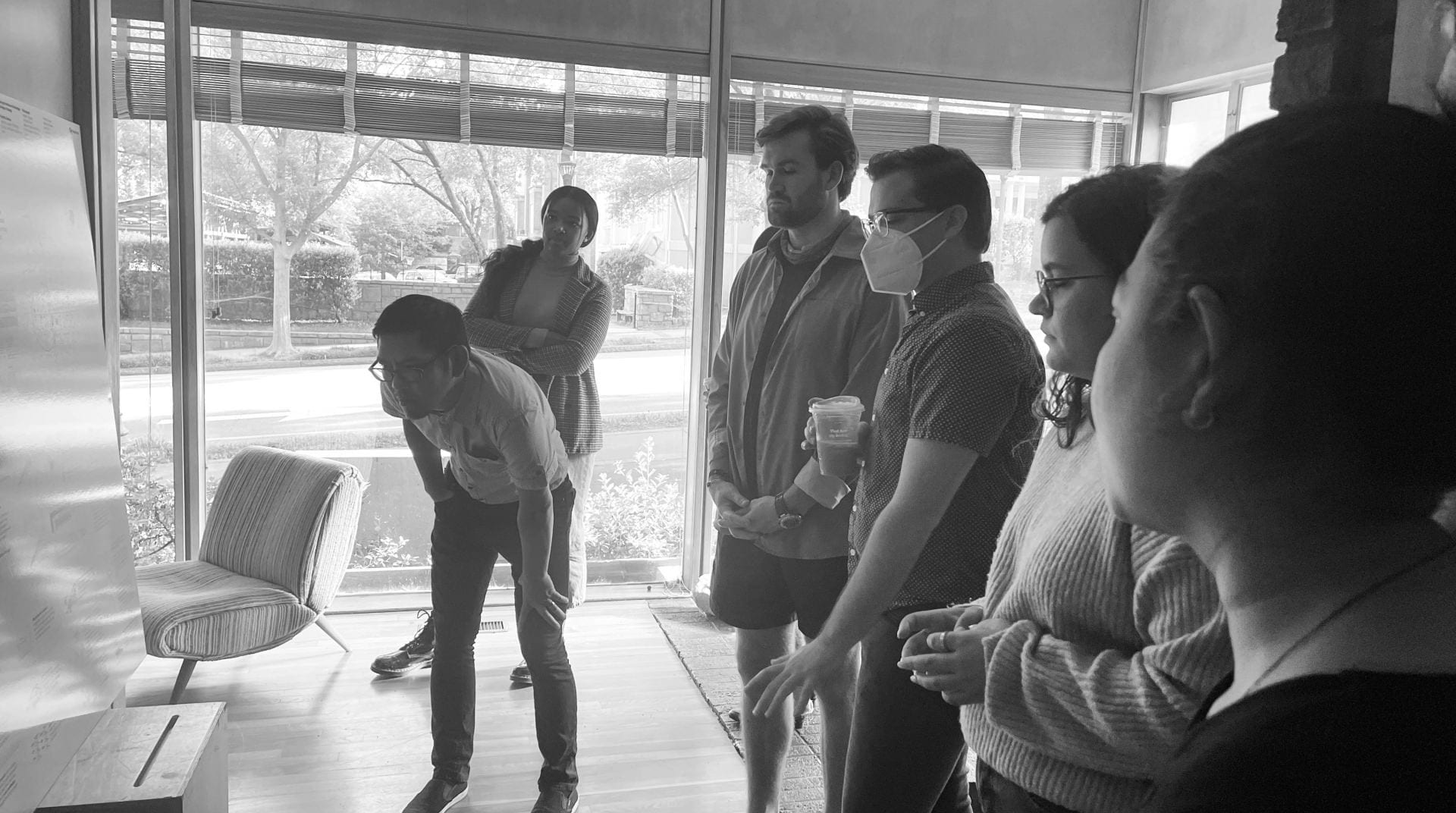
Fall 2022-Spring 2023: Thomasville Heights – Building Strategies for Energy Efficiency Retrofits
This project aims to deploy new technological innovations to make home energy auditing less time- and resource-intensive in order to reduce energy use, recommend and install affordable energy efficiency retrofits, and hopefully reduce energy burden to preserve legacy homeownership and prevent displacement in the City of Atlanta.
RESEARCH PROVOCATIONS:
- How can we make residential energy auditing more affordable, less invasive, and accessible to homeowners?
- How does this research align with a smart technology that is pertinent to the community’s overall vision?
- How can we make residential energy auditing scalable from building level to town or city level to quickly identify where energy retrofits are most needed and quickly recommend affordable retrofits?
PROJECT CREDITS:
Principal Investigators:
- Tarek Rakha, HPBL, PhD
- Julie Ju-Youn Kim, AIA, NCARB
- Danielle Willkens, PhD, LEED AP BD+C
Graduate Research Assistants:
- Anuradha Kadam, HPBL– Fall 2022
- Samantha Morton, HPBL– Fall 2022
- Max Doersam, HPBL– Spring 2023
Collaborators:
- Chanel Zeisel, City of Atlanta
- Susana Duran, City of Atlanta
- Chatiqua Ellison, City of Atlanta
- Latrice Rollins, Morehouse School of Medicine
- Pamela Stringfield, Focused Community Strategies
- RJ Brazier, Focused Community Strategies
- Mikayla Ellen Santos, Focused Community Strategies
Funded by the Partnership for Inclusive Innovation – Georgia Smart Communities Grant
About the Partnership for Inclusive Innovation
Launched in 2020, the Partnership for Inclusive Innovation is a public-private organization that was created to lead coordinated, statewide efforts to position Georgia as the leader for innovation, opportunity, and shared economic success. The Partnership’s focus pillars of community research, workforce development, student engagement, and economic opportunity are a powerful combination that provides technical and financial support to open innovation through collaboration. Since 2020, the Partnership’s work has deployed over $3M in capital and resources throughout the State and catalyzed 30+ projects with local governments, universities, start-ups, and nonprofits. The projects have created new businesses, increased access to financial and social capital, and deployed more than 170 technologies.
More information is available at www.pingeorgia.org
